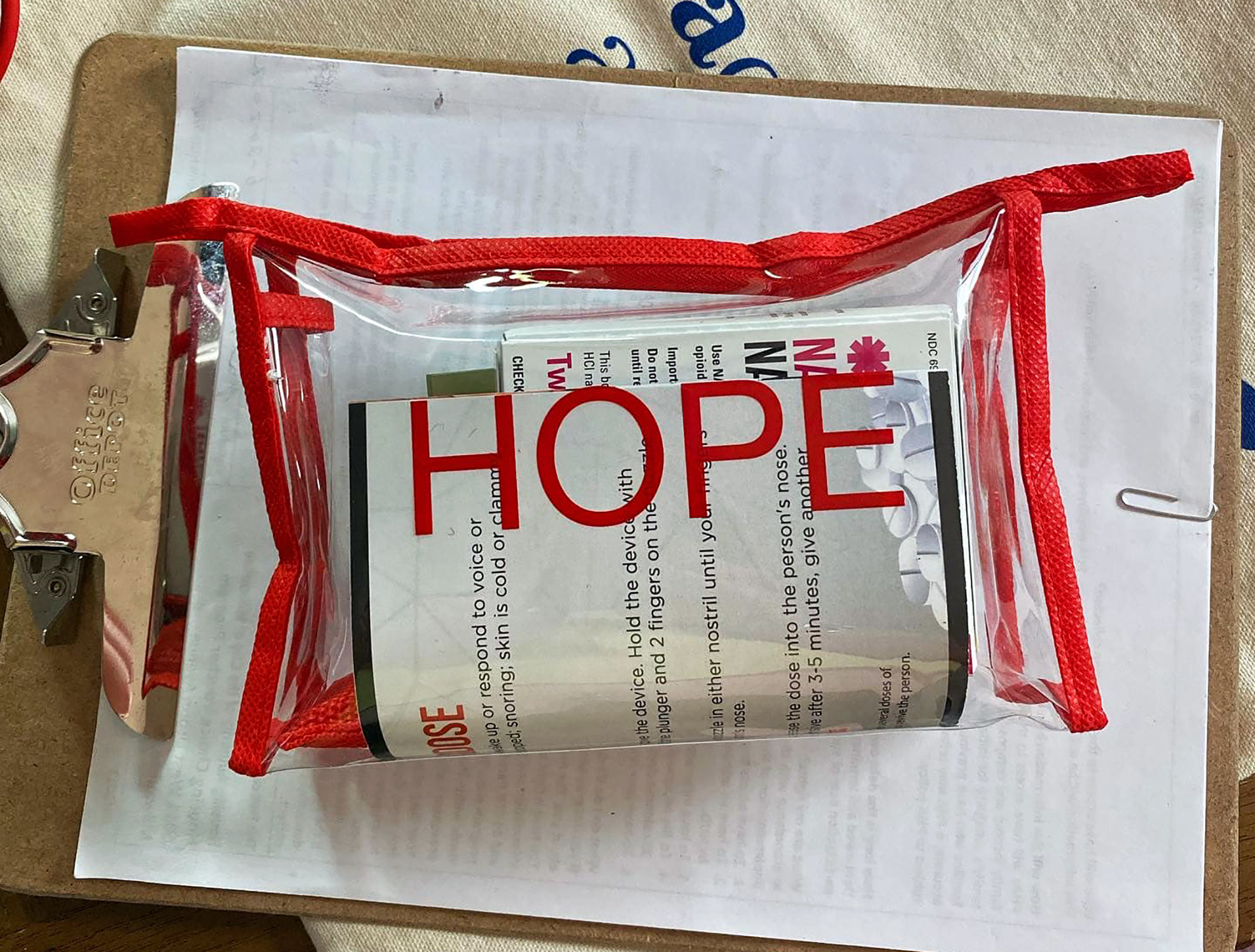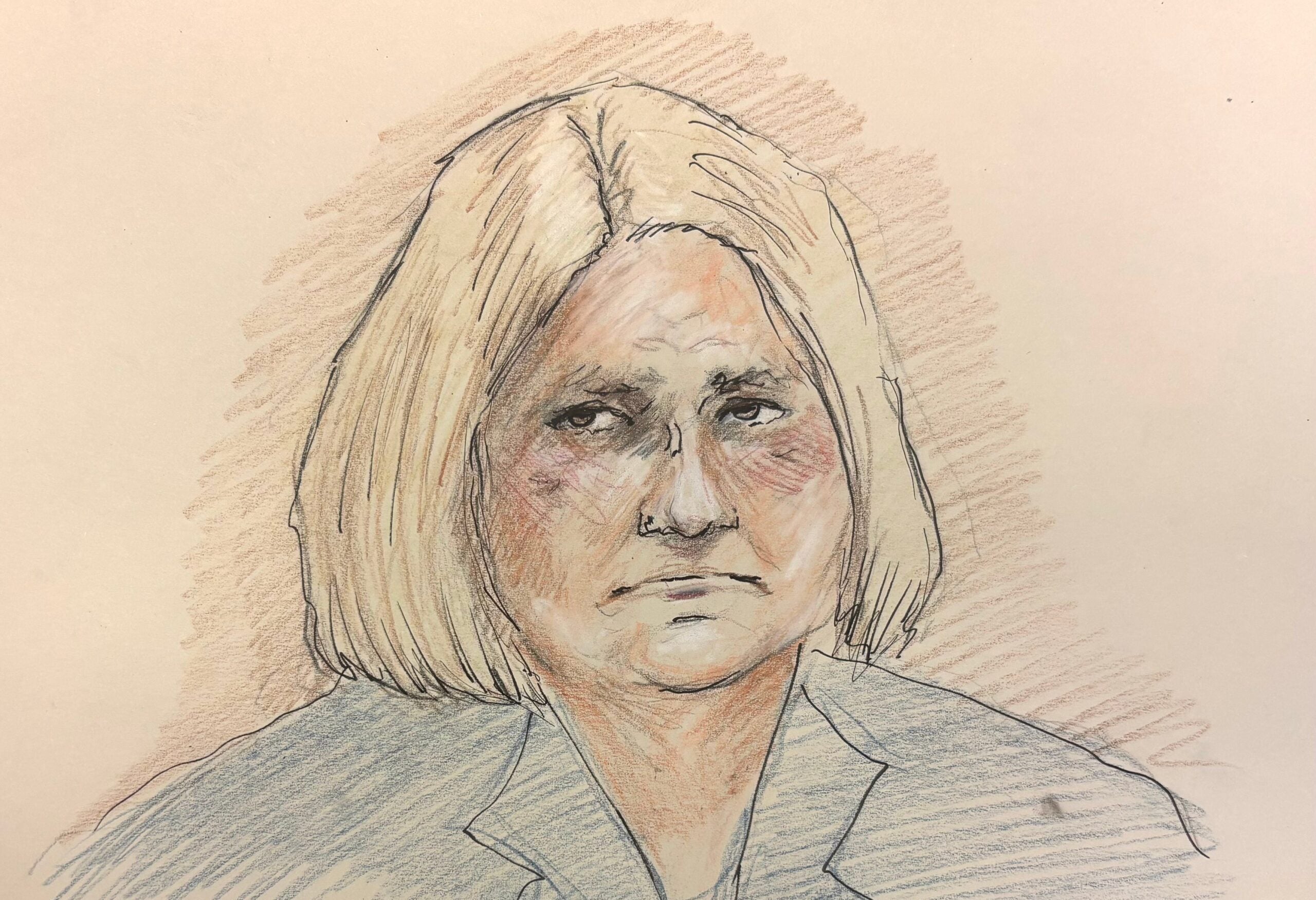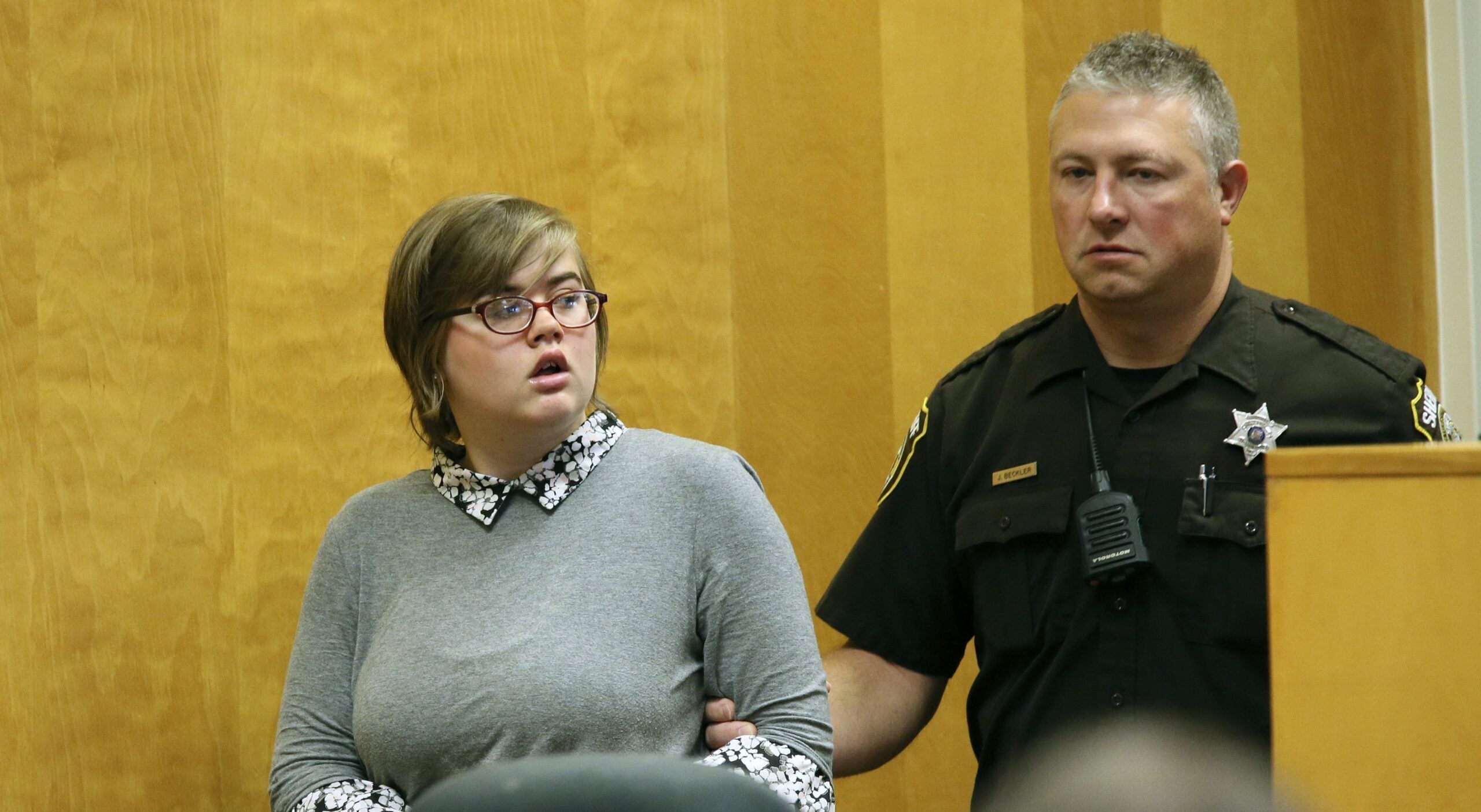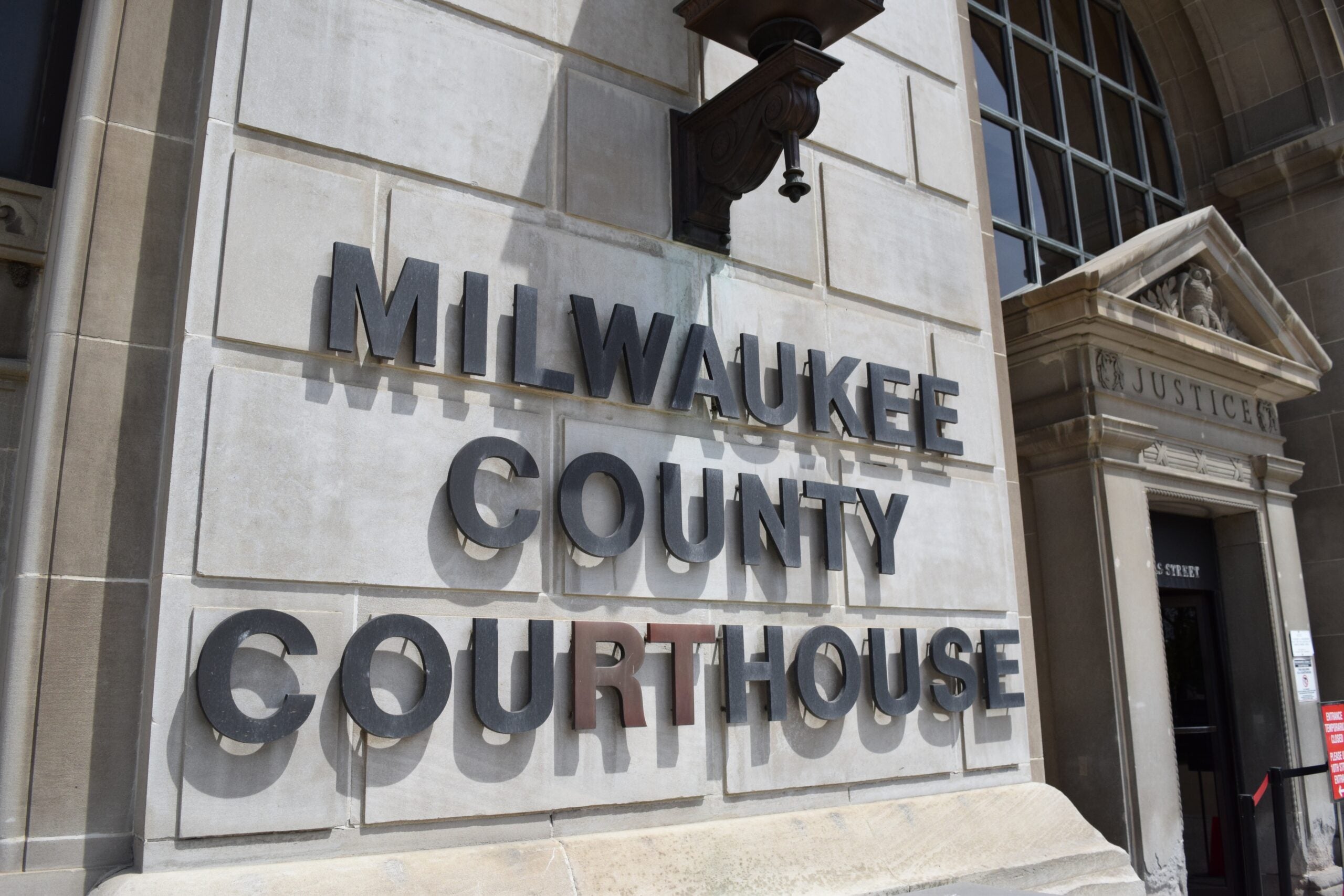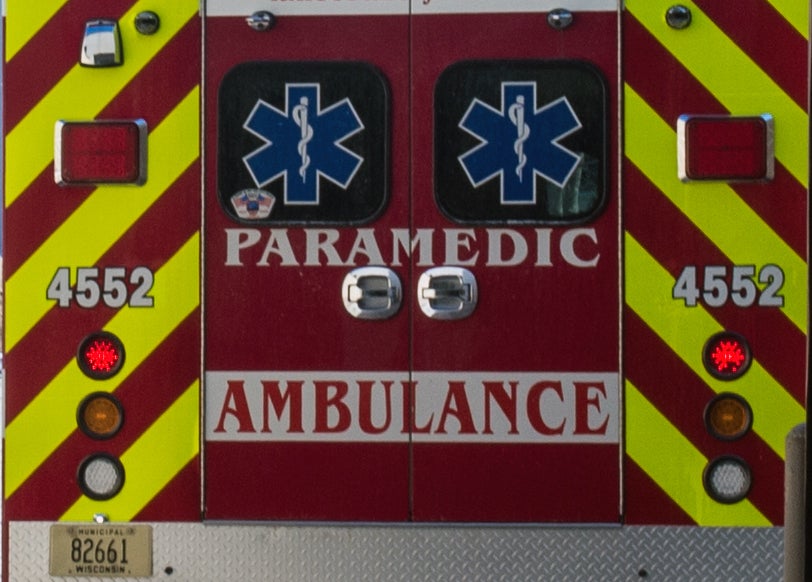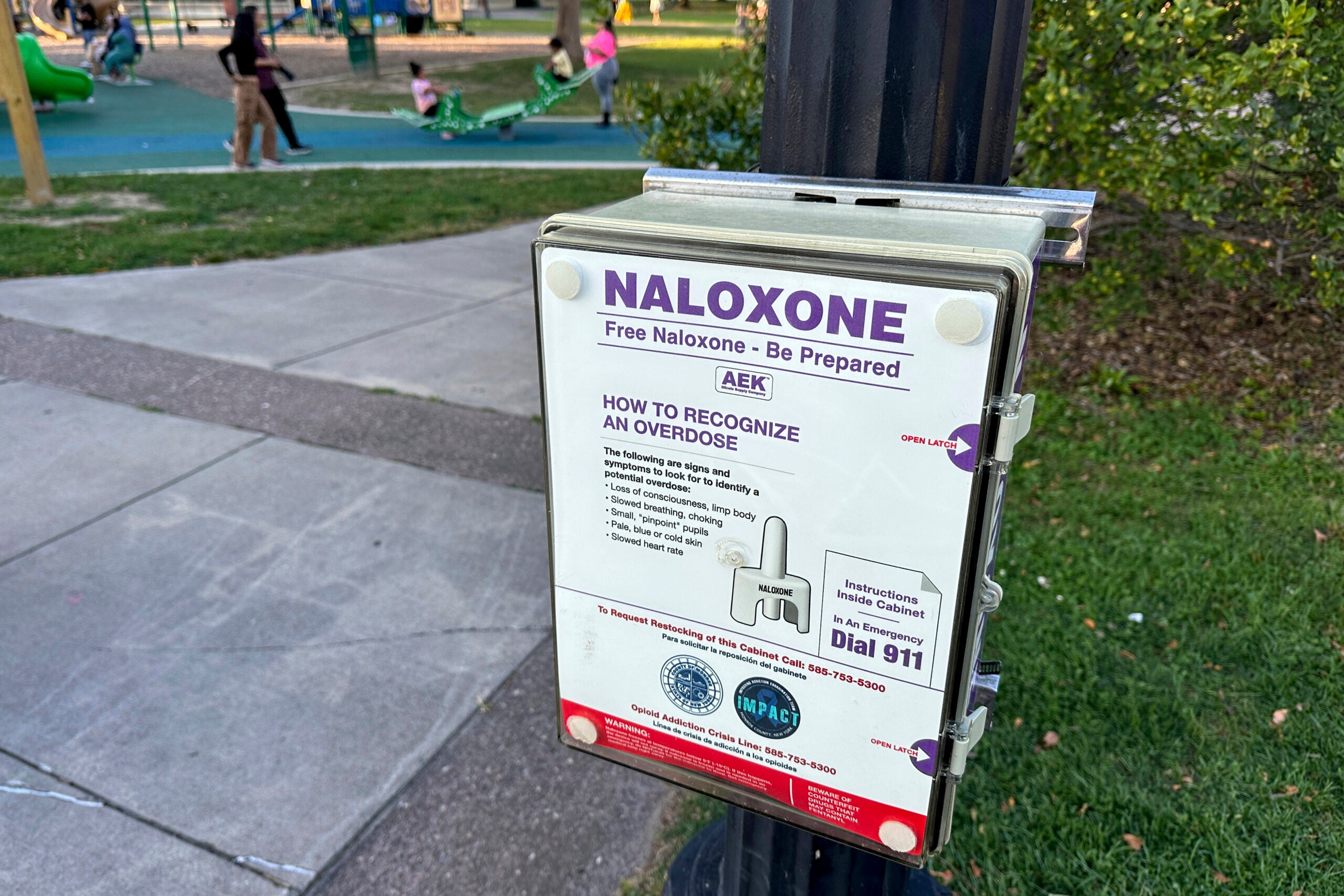Wausau won’t arrest its way out of drug use and overdose problems, the city’s new police chief said recently.
That pledge is consistent with police reports showing a steady decrease in drug-related arrests over the last five years. The Wausau Police Department logged nearly half as many arrests in 2022 than in 2018.
Matthew Barnes started in his new role this month, and he has been with the department for 23 years. He joined Wisconsin Public Radio’s “The Morning Show” on his first day as chief, when he said doubling the number of police officers in the city would lead to more arrests — but demand for drugs and overdoses in the city would remain.
News with a little more humanity
WPR’s “Wisconsin Today” newsletter keeps you connected to the state you love without feeling overwhelmed. No paywall. No agenda. No corporate filter.
“At the end of the day, a drug dealer would be out of business here if nobody wanted to buy the drugs,” he said. “We have individuals who are really, really struggling in life because of their drug addiction. We need to have the resources necessary to get them help. We have to reallocate resources to try and convince people not to do (drugs) in the first place.”
Barnes also explained the plans behind opening a community policing house and why the project is still in the works.
The following was edited for clarity and brevity.
Kate Archer Kent: You have said Wausau faces problems with drug use and overdoses. What is your department doing to address those?
Matthew Barnes: When I started here in 2000, we had drugs in the Wausau area. But we didn’t have very many overdose deaths. The overdose deaths have really skyrocketed as a result of methamphetamine use and primarily narcotic addiction and the use of heroin and fentanyl here.
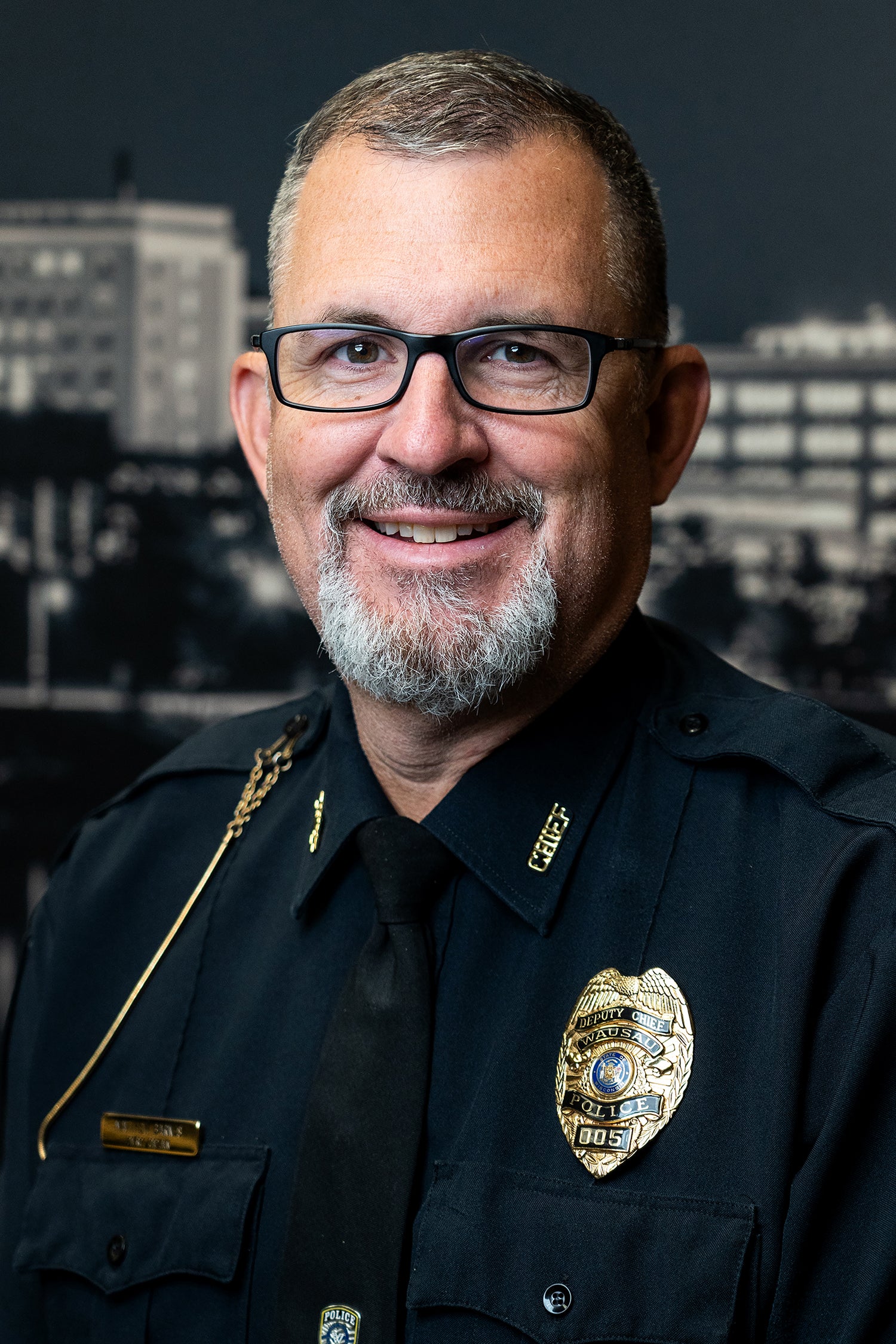
We could arrest people for drugs every day. If I doubled the amount of officers investigating drug cases, we’d arrest twice as many people. That’s just a fact here. But no matter how hard we work at arresting people for violating the laws of this state or country, it certainly doesn’t seem to reduce the demand here. It doesn’t seem to reduce the amount of overdoses we’re seeing.
If we don’t make sure we have the resources necessary for prevention — (alcohol and other drug abuse programs), in-patient rehab, outpatient rehab and those types of resources available to our community — we’re never going to move the ball forward. So, as we look at solutions, we’re not a rehab facility. We’re a police department. We investigate crimes. But that doesn’t mean we don’t have the opportunity to have creative programs in place for diversion, to be able to get individuals who have an addiction, get them to resources, help coach them to show them that there is a better way.
I really don’t care if we send someone to prison for drugs. What I really want is that individual to not be involved in that lifestyle and (to) be a productive member of our community. To accomplish that for individuals might be many different ways, and we have to be open to that and try and get those people who are in a really rough place in life back being contributing members of our community.
KAK: The Wausau City Council approved the purchase of two vending machines that dispense free nasal Narcan and fentanyl test strips. How can these machines reduce overdose deaths?
MB: Just a week ago, we had an individual in our downtown who overdosed on the sidewalk and another individual had Narcan available to them. It was administered to them at that point. By the time officers and paramedics arrived — the individual was not out of the woods — but they were then breathing effectively and at least conscious. … (Having Narcan) available 24 hours a day to those members of our community who are involved in narcotic use, it gives the opportunity to save their lives.
I’ve heard every which way. People say that’s a good thing, that’s a bad thing. There is a debate that occurs on a regular basis. But at the end of the day, every one of those individuals overdosing is someone’s child, someone’s brother, someone’s parent. We represent everyone. The ability to be supportive … and facilitate having these vending machines, I’m very confident that it’s going to save some lives in our community. Hopefully we can save those lives long enough to do the other work necessary to get them resources to get them well again.
KAK: What do you expect from the plan to build a community-oriented policing house in the Hawthorne Hills area?
MB: We’re still in the process of applying for a grant and checking feasibility on what it would take to do that. The goal of that house is to have a place that officers can spend time. They can connect closer to individuals in that community. They can lead. But also (it’s for) 2 a.m. when officers are working with social workers and there is an unsafe environment for kids. We’re removing children from the home and we’re trying to figure out placement for them. We’d much rather take them to a house with a bedroom and put them to bed, as opposed to bringing them to a conference room at the police department.
We see it’s much easier to connect with an unhoused individual, sit down with them and try and figure out their individual story and what it’s going to take to help them. The last place they want to go is the police department. Having another venue to be able to do that, we see tremendous opportunity.
A whole different story is (that) it’s very difficult to build anything today. The cost of construction is difficult. So, we’re working our way through those challenges.
KAK: Is that what’s holding back this project? What will it take to get it open?
MB: It’s going to take dollars and the support of this community. We’re pretty close to going to our city council, laying out the current situation and working with the grantors to make sure we’re all on the same page. I think it’s a project that’s going to happen, but we might have to tweak some of it because of inflation and the cost of building right now.
How to get help
If you are struggling with addiction, call 211 or the crisis hotline at 988 to be connected with resources.
The opioid reversal drug Narcan can be purchased at pharmacies without a prescription. It’s also available for free through Wisconsin’s Narcan Direct program. Click here for a map of where it’s available in Wisconsin.
Naloxone, the generic form of Narcan, can be administered via injection or a nasal spray.
Wisconsin Public Radio, © Copyright 2026, Board of Regents of the University of Wisconsin System and Wisconsin Educational Communications Board.
